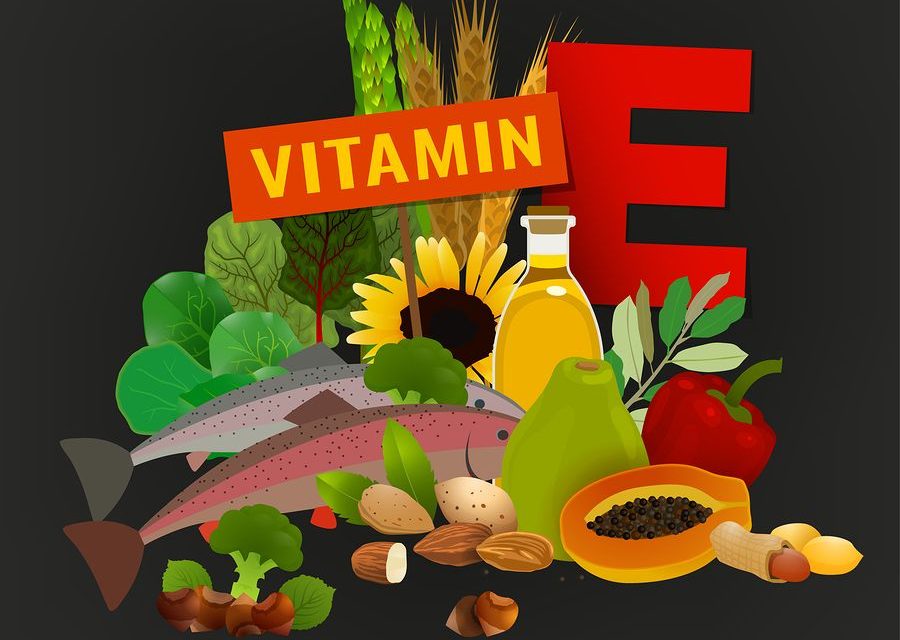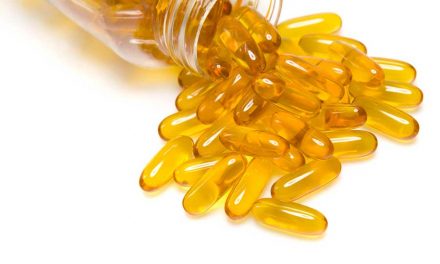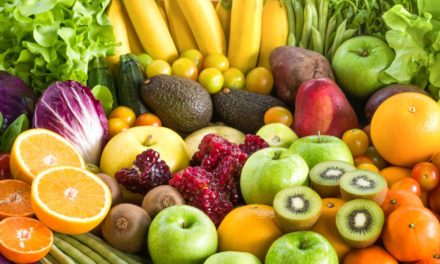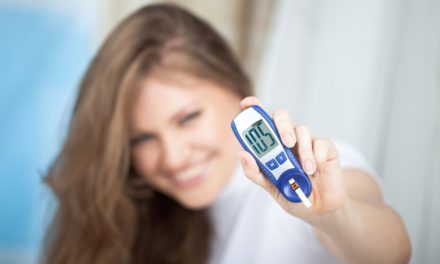Research in the British Journal of Nutrition (June 1, 2009) evaluated the health and quality of life in 23 elderly men and 46 elderly women. Better health and well-being was associated with low levels of interleukin-6 and C-reactive protein, which are chemicals that indicate the presence of inflammation. These inflammatory chemicals tended to be higher in those who were low in vitamin E. Those who had high levels of vitamin E and tryptophan also tended to have better physical and mental health. The authors concluded that, “The present findings document a clear association between vitamin E levels and inflammatory pathways in the elderly and suggest that their interaction may influence quality of life.”
Vitamin E Levels and Quality of Life






